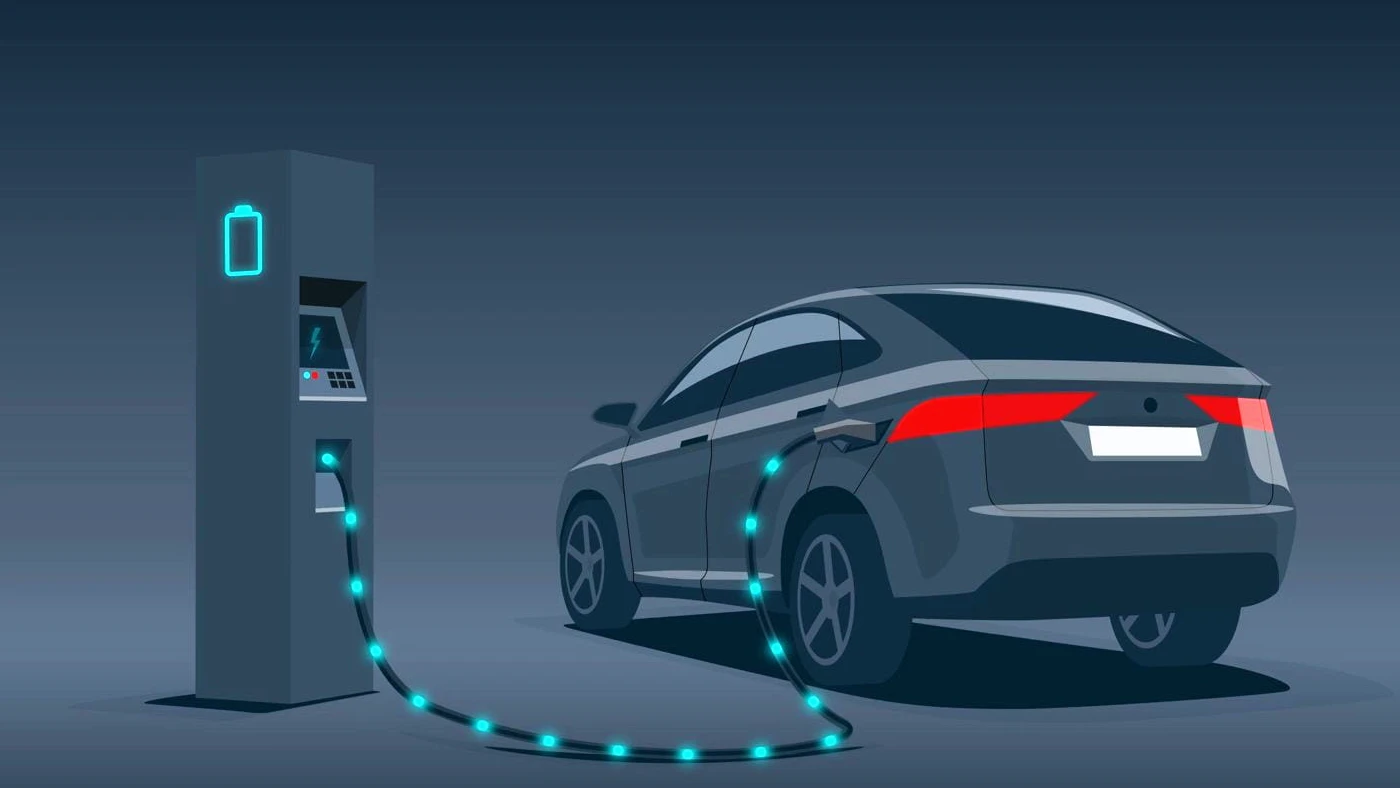Canada’s final version of the Electric Vehicle Availability Standard was published this week, and it includes a sales ban on new cars that generate emissions from 2035.
Before that happens, automakers active in Canada will have to comply with other regulations. Beginning with the 2026 model year, at least 20 percent of cars sold by a company in a year will have to be ZEVs (zero-emission vehicles).
By 2030, the target will increase to 60 percent, with the ultimate goal being ZEV-only sales by the middle of the next decade.
The Electric Vehicle Availability Standard technically won’t outlaw combustion engines from 2035. Aside from battery-powered EVs and hydrogen EVs, zero-emission vehicles can also be plug-in hybrids that can run solely on electric power.
However, these PHEVs must work in EV mode “for a specified minimum distance before they transition to operating as hybrid vehicles, using both liquid fuels and electricity.”
Light-duty vehicles generate approximately half of Canada’s greenhouse gas emissions from the transportation sector. The transportation sector itself is responsible for about a quarter of the country’s overall greenhouse gas emissions. With the 2035 target set, authorities project that polluting light-duty vehicles will all be removed from the roads by 2050.
Canada is the latest country to put pressure on automakers to switch to zero-emissions vehicles. Earlier this year, the European Union decided to ban sales of new cars that generate emissions from 2035, but ICE vehicles running on synthetic fuels will be allowed.
The EU consists of 27 countries: Austria, Belgium, Bulgaria, Croatia, Republic of Cyprus, Czech Republic (Czechia), Denmark, Estonia, Finland, France, Germany, Greece, Hungary, Ireland, Italy, Latvia, Lithuania, Luxembourg, Malta, Netherlands, Poland, Portugal, Romania, Slovakia, Slovenia, Spain, and Sweden.
The UK is no longer part of the EU but it too is targeting 2035, a five-year delay compared to the original plan. Countries such Norway, Israel, and Singapore are also setting aggressive targets for automakers to switch to EVs. Similarly, more and more states in the US intend to adopt these standards in the coming years.



